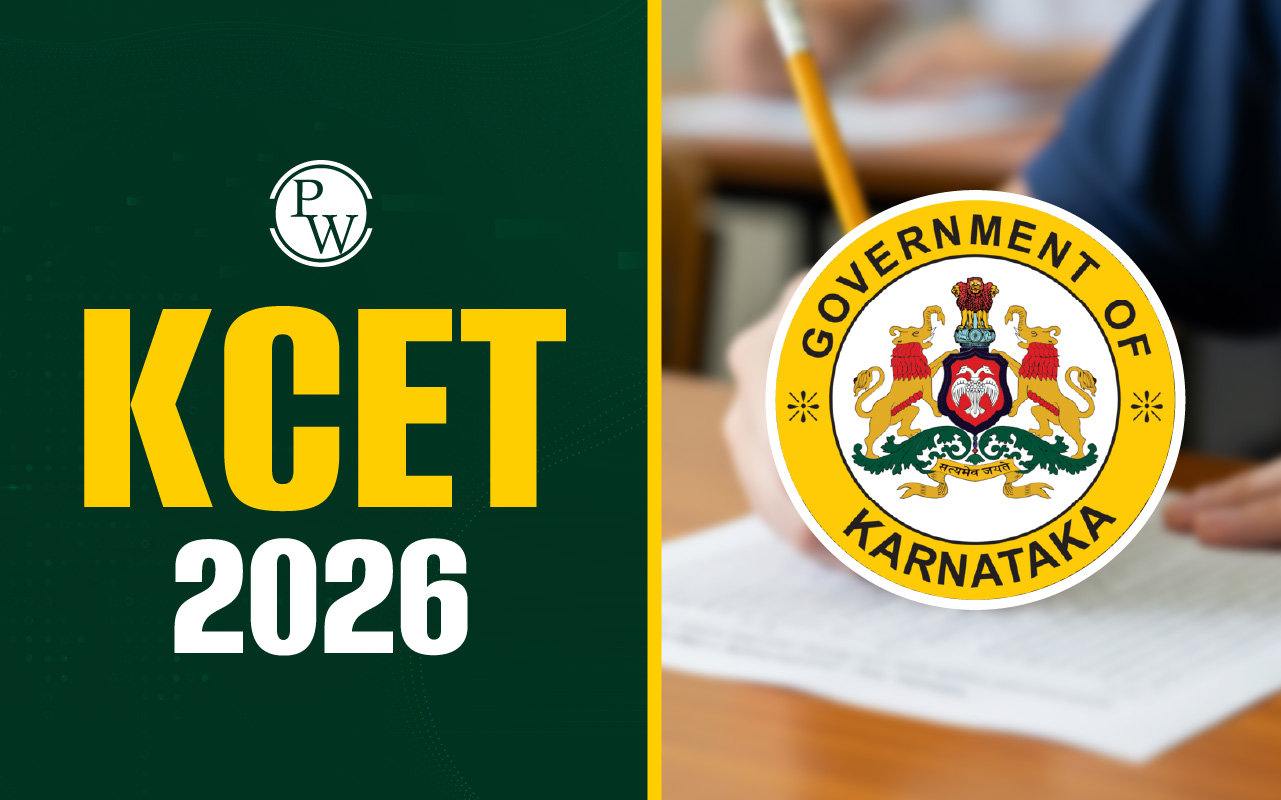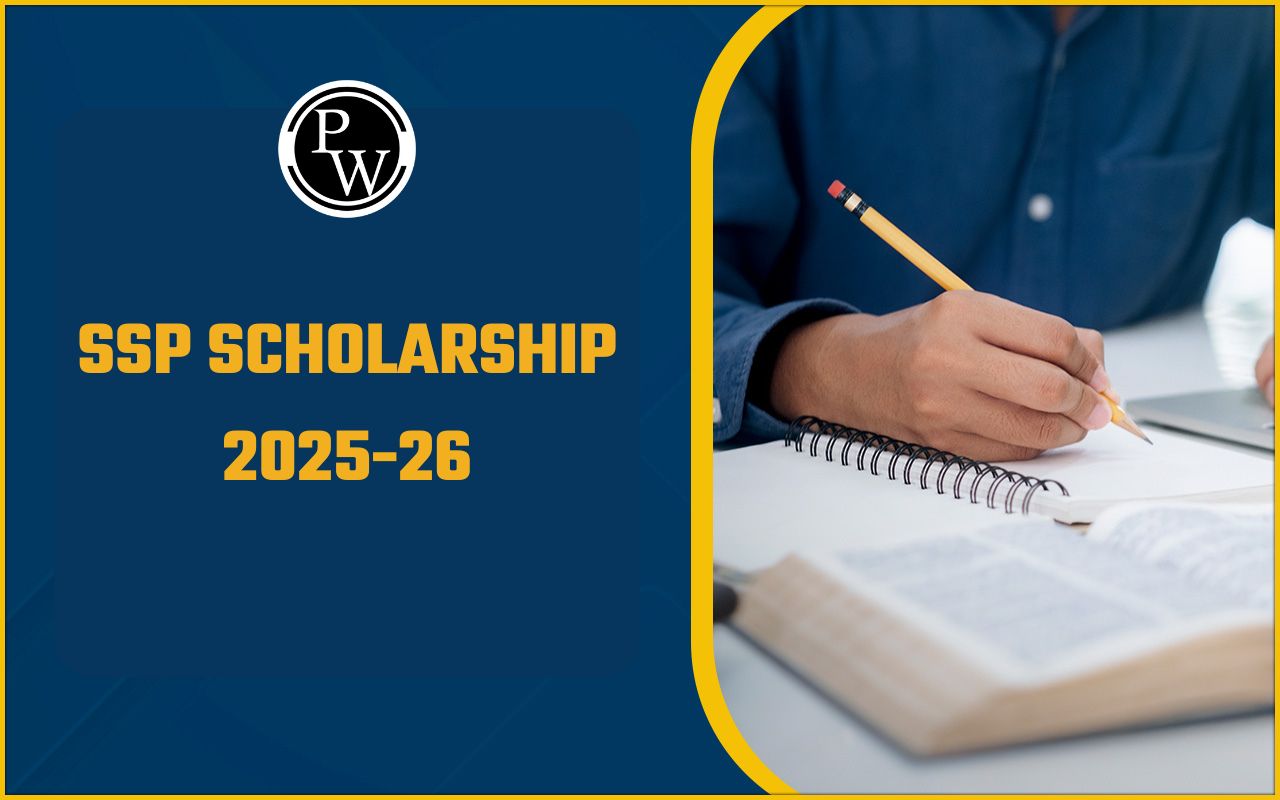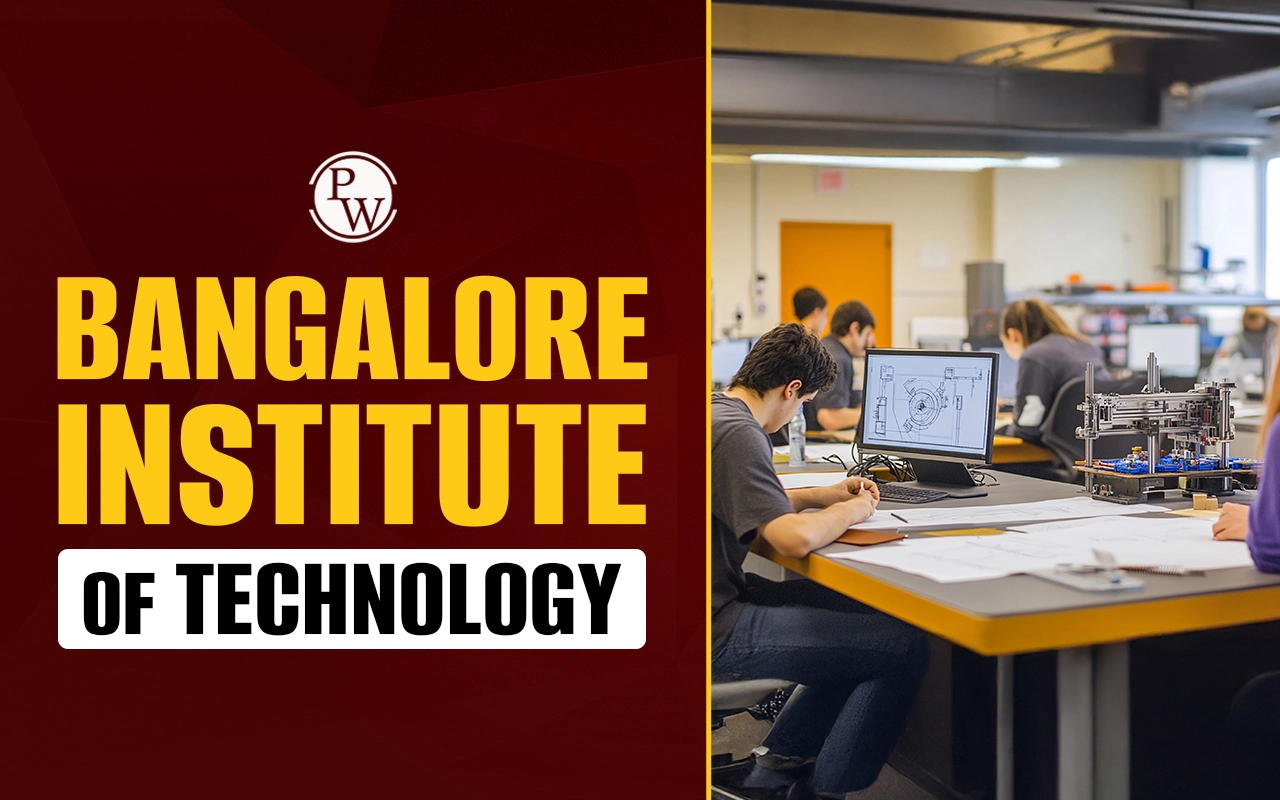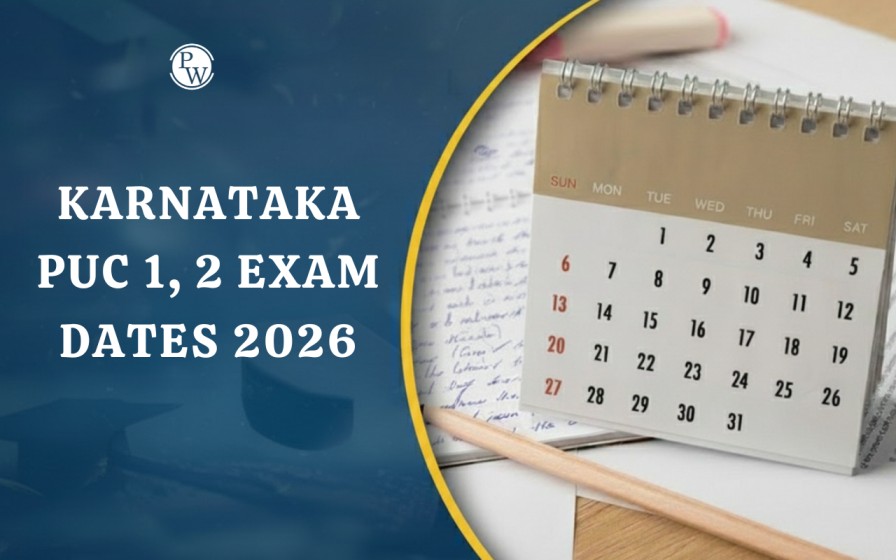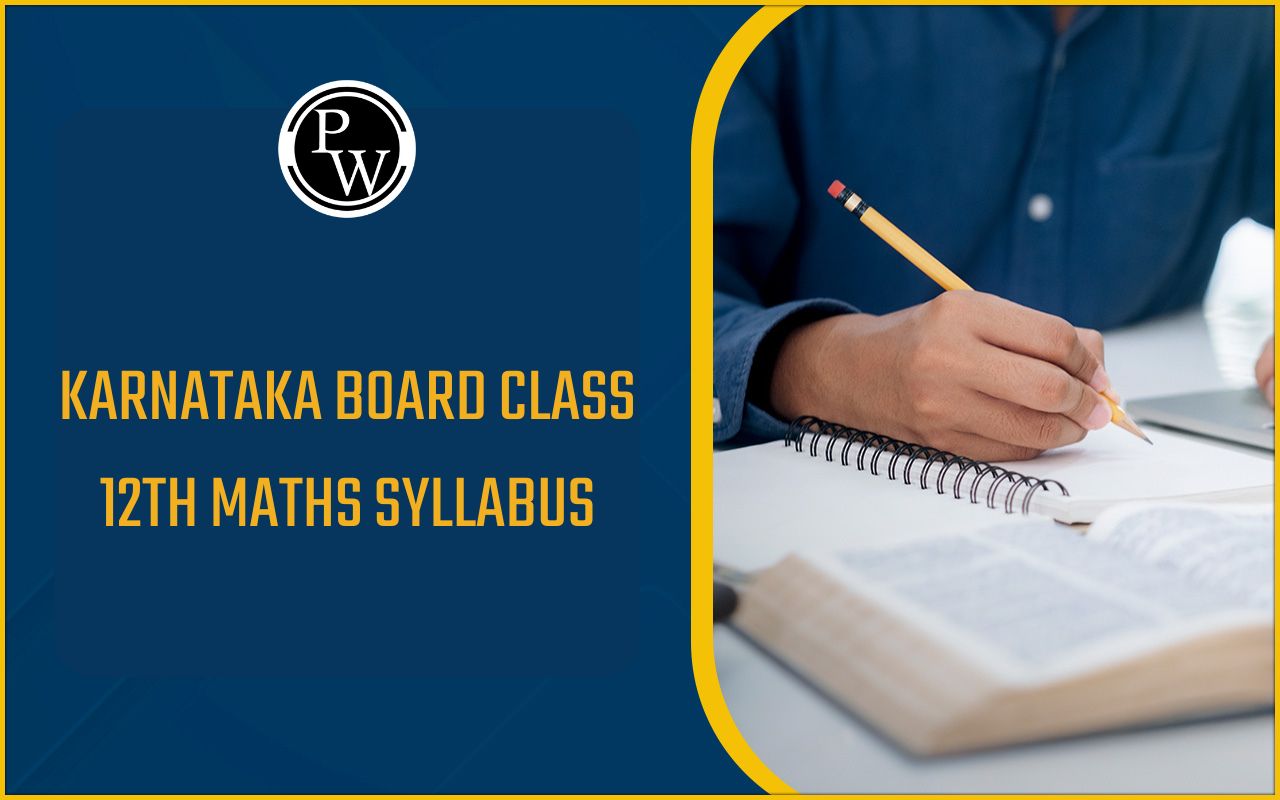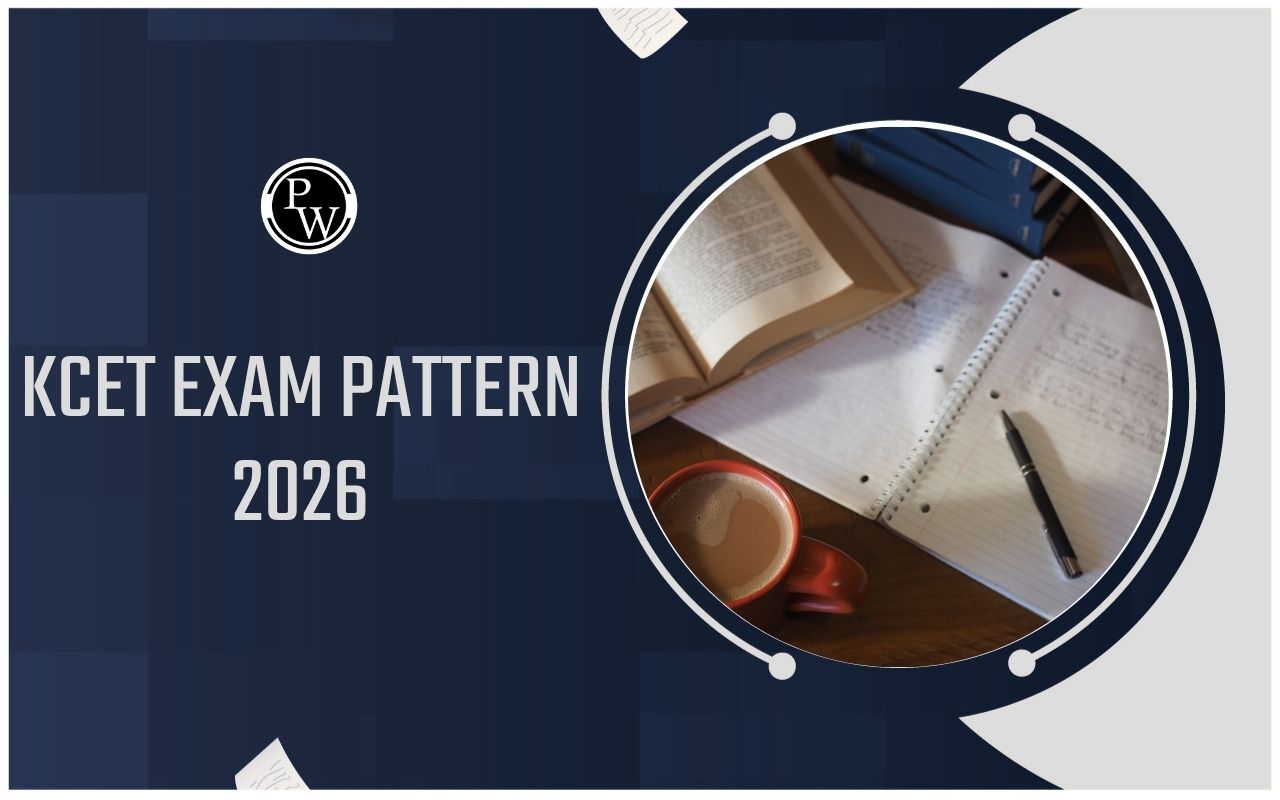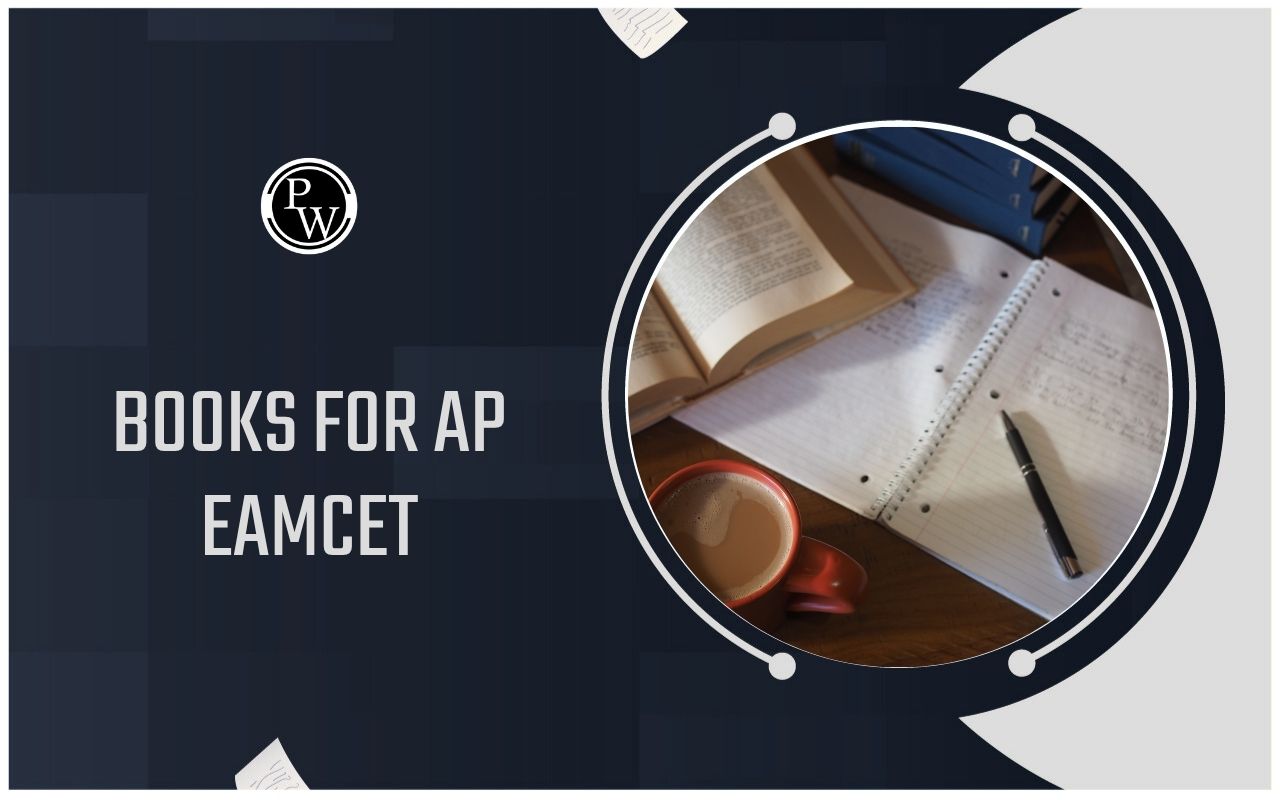
KCET 2026 syllabus follows the Karnataka Pre-University Course (PUC) curriculum for Classes 11 and 12 and includes four core subjects: Physics, Chemistry, Mathematics, and Biology. The syllabus focuses on the basic concepts, formulas, and application-based skills to determine conceptual knowledge. The syllabus of each subject includes Physics (Mechanics, Thermodynamics, and Optics), Chemistry (Atomic Structure and Organic Chemistry), Mathematics (Algebra and Calculus), and Biology (Genetics and Ecology).
The test is paper-based and is in the form of multiple-choice items to test students who need to enroll in undergraduate professional courses in the State of Karnataka. No negative mark will be there.
KCET 2026 Syllabus
The key to developing your exam strategy is to understand the KCET 2026 syllabus. The test consists of three major subjects, which are Physics, Chemistry, and Mathematics. These are founded on the Karnataka State Board PUC curriculum of Classes 11 and 12 in their entirety. The test is done through pen-and-paper, and it also focuses on both theoretical and problem-solving skills.
The syllabus of the KCET has a clear focus on the significant issues in each subject. Also, Students must monitor the KCET syllabus breakdown, which sometimes simplifies syllabus material to make preparing easier. To have updated information, it is important to keep track of the official site of KCET syllabus 2026 website.
Detailed KCET 2026 Syllabus for B.Tech Aspirants
For engineering aspirants, specific insights into the KCET 2026 B.Tech syllabus can optimize preparation times. This comprises the core science and math subjects:
-
Physics: Mechanics, Laws of Motion, Gravitation, Thermodynamics, Waves, Oscillations, Electrostatics, Magnetic Effects, Electricity, Optics, Modern Physics.
-
Chemistry: Chemical Bonding, Organic Chemistry basics, Inorganic Chemistry of s,p and d-block elements, Physical Chemistry concepts including Thermodynamics and Electrochemistry.
-
Mathematics: Algebra, Trigonometry, Calculus, Coordinate Geometry, Statistics and Probability.
This syllabus forms the backbone for the B.Tech stream. Mastery of these topics not only enhances scoring potential but also lays a foundation for future engineering courses. Downloading the KCET 2026 syllabus PDF from the official portal is recommended for detailed chapter-by-chapter preparation.
KCET Syllabus 2026 PDF
The entire KCET syllabus is available to candidates on the official website of the Karnataka Examinations Authority, cetonline.karnataka.gov.in. Students can use the KCET syllabus 2026 PDF to:
-
Determine all the chapters and topics to be discussed.
-
Develop specific course schedules.
-
Give more weightage to high-weightage issues and dividend revision slots.
It is also important to bookmark the official site of the KCET syllabus 2026 and download updated materials to avoid confusion. The updated syllabus PDF will be available soon.
KCET 2026 Reduced Syllabus
In recent years, the education authority sometimes announces a KCET syllabus reduced version, trimming down non-essential or repetitive topics to support students during challenging times like pandemic disruptions.
While the core subjects remain unchanged, the syllabus reduction implies:
-
Focus on key concepts and chapters with more weight.
-
Reduced study load, allowing deeper attention to difficult topics.
-
Adaptation of existing resources to the updated syllabus format.
Students should constantly verify the KCET syllabus reduced version on the KCET syllabus 2026 official website to adjust their preparation accordingly and avoid wasting time on irrelevant content.
Subject Wise KCET 2026 Syllabus
Effective preparation demands a strategic understanding of topic weightage and syllabus breakdown into topics. The KCET syllabus is listed below in a subject-wise manner -
Physics
Physics is a combination of theory, problems with formulae, and questions that are driven by application. There must be conceptual clarity.
Physics standards 1st PUC: Physical World, Units and Measures, Motion in a Straight Line, Motion in a Plane, Laws of Motion, Work, Energy and Power, System of Particles and rotating Motion, Gravitation, Mechanical Properties of Solids and Fluids, Thermal Properties of Matter, Thermodynamics, Kinetic Theory, Oscillation and Waves.
2nd PUC Subjects: Electric charges and field, electronstatic potential and capacitance, current electricity, moving charges and magnetism, magnetism and matter, electromagnetic induction, alternating current, electromagnetic waves, ray optics and optical instruments, wave optics, dual nature of radiation and matter, atoms, nuclei, semiconductor electronics.
Chemistry
The subjects that are heavy in theory are balanced with numerical problems in chemistry. There are frequent NCERT-based direct questions.
1st PUC Notes: General Knowledge of Chemistry, Structure of an Atom, Elements Classifications, Chemical Bonding and Molecular Structure, States of Matter, Thermodynamics, Equilibrium, Redox Reactions, Hydrogen, s-Block Elements, p-Block Elements, Organic Chemistry Basics, Hydrocarbons, Environmental Chemistry.
2nd PUC: Solid State, Solutions, Electrochemistry, Chemical Kinetics, Surface Chemistry, Isolation of Elements, p-Block, d- and f-Block Elements, Coordination Compounds, Haloalkanes and Haloarenes, Alcohols, Phenols, Ethers, Aldehydes, Ketones, Carboxylic Acids, Organic Compounds Containing Nitrogen, Biomolecules, Polymer, Chemistry in Everyday Life.
Mathematics
Math exams are fast, precise, and logical. It is usually dominated by integration, differentiation and coordinate geometry.
1st PUC: Sets, relations, functions, trigonometric functions, mathematical induction, complex numbers, quadratic equations, linear inequalities, permutations, combinations, binomial theorem, sequence and series, straight lines, conic sections, 3D geometry, limits, derivation, mathematical reasoning, statistics, probability.
2nd PUC Syllabus: Relations and Functions, Inverse Trigonometric Functions, Matrices, Determinants, Continuity, Differentiability, Applications of Derivatives, Integrals, Applications of Integrals, Differential Equations, Vector Algebra, 3D Geometry and Linear Programming, Probability.
| Links Related to KCET 2025 | |
| KCET 2025 | KCET Syllabus |
| KCET Application Form | KCET Eligibility Criteria |
| KCET Previous Year Question Paper | |
KCET Syllabus 2026 FAQs
Q1. What is the 2026 KCET Physics Syllabus?
Q2. What is the 2026 KCET Chemistry Syllabus?
Q3. What is the 2026 KCET Mathematics Syllabus?
Q4. What is the KCET 2026 pattern?
Q5. Will the KCET be held in 2026?


